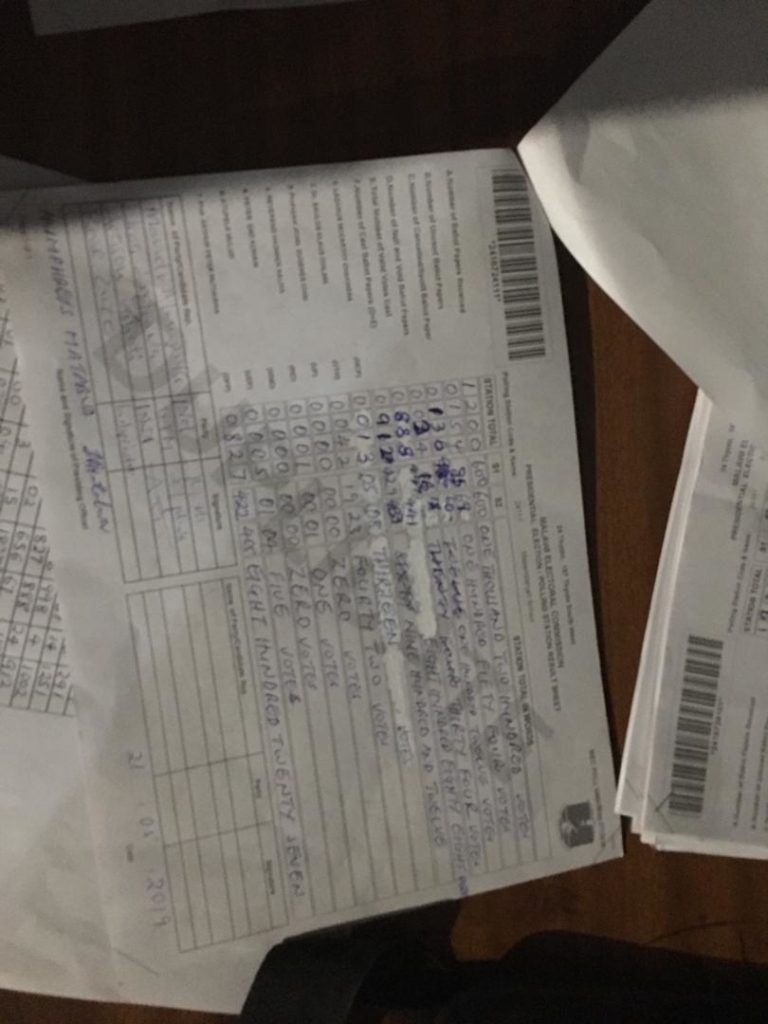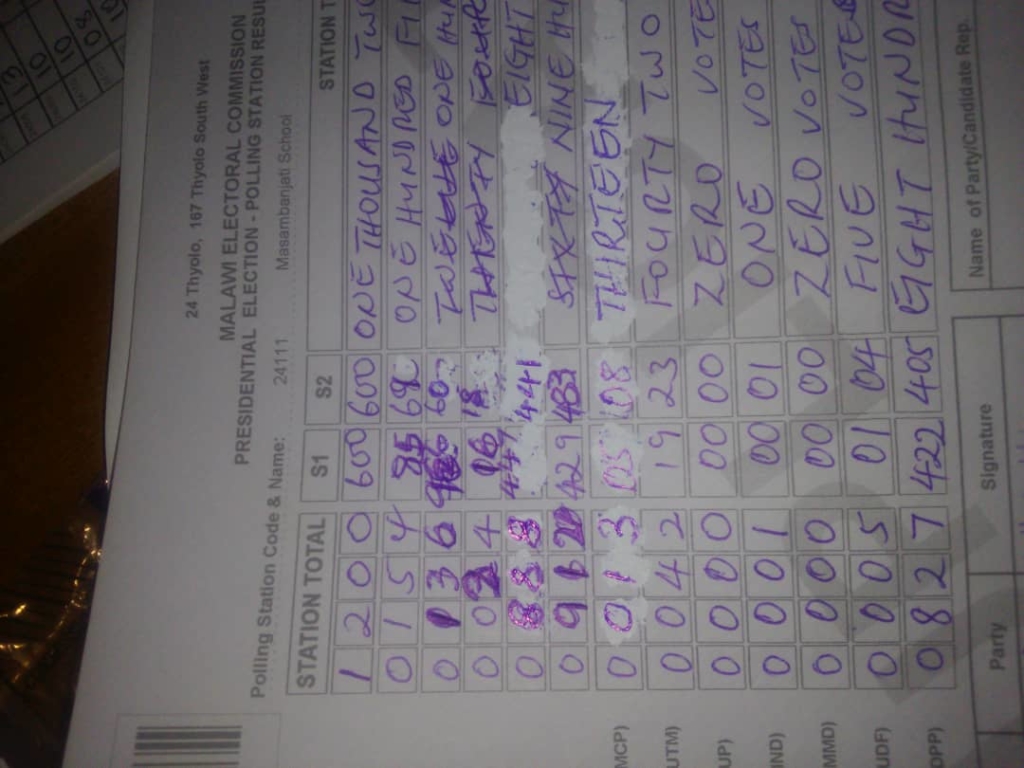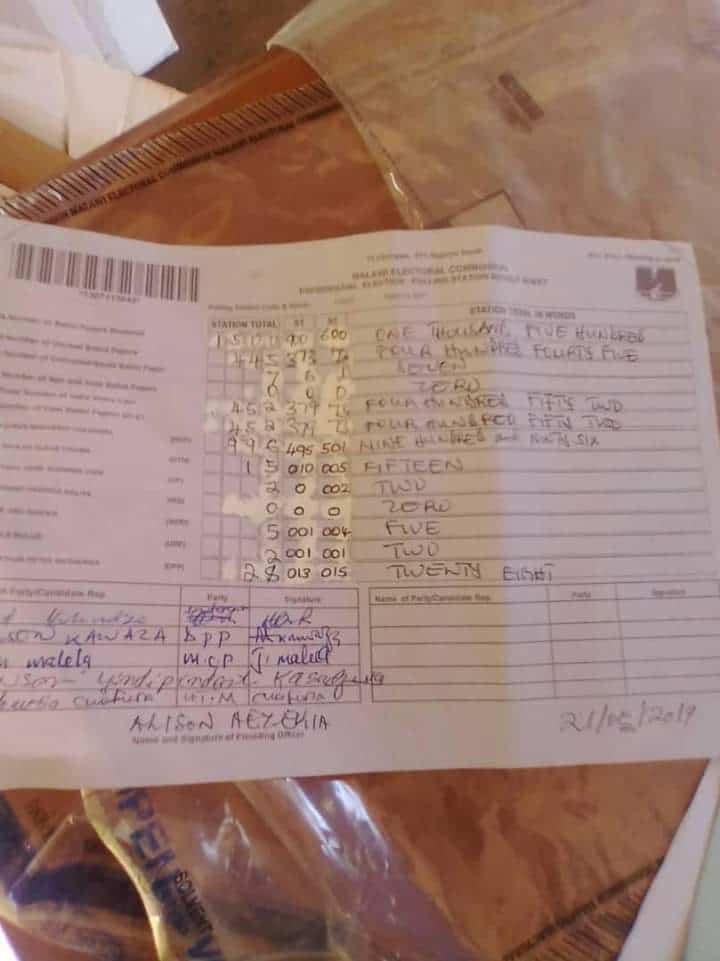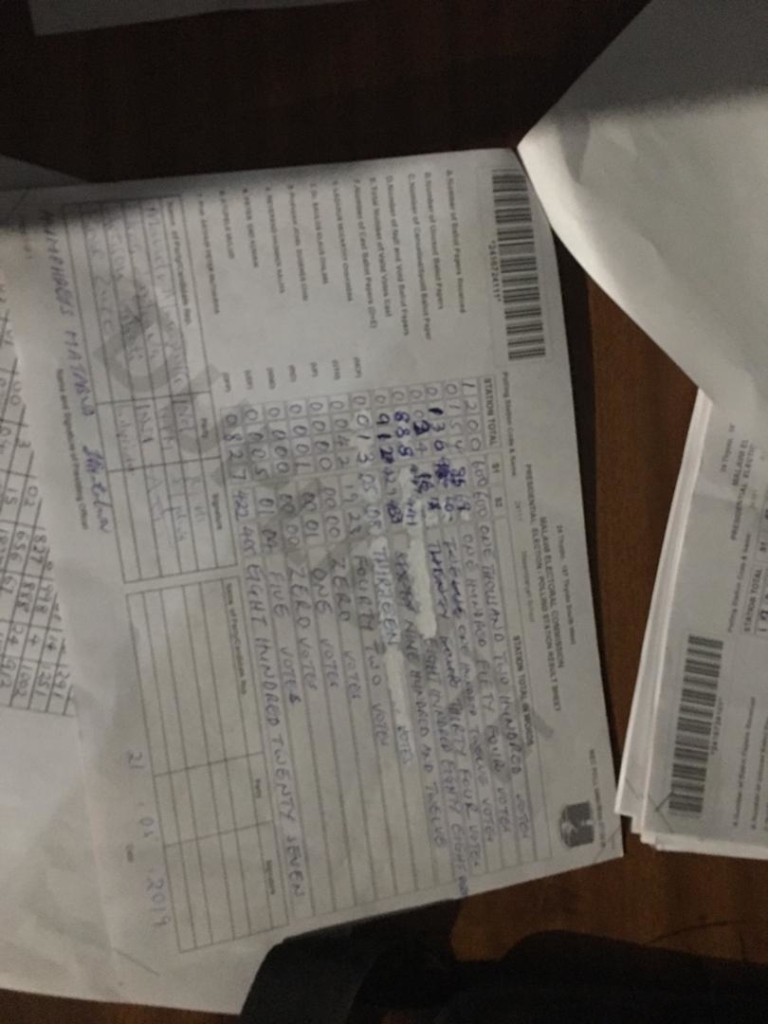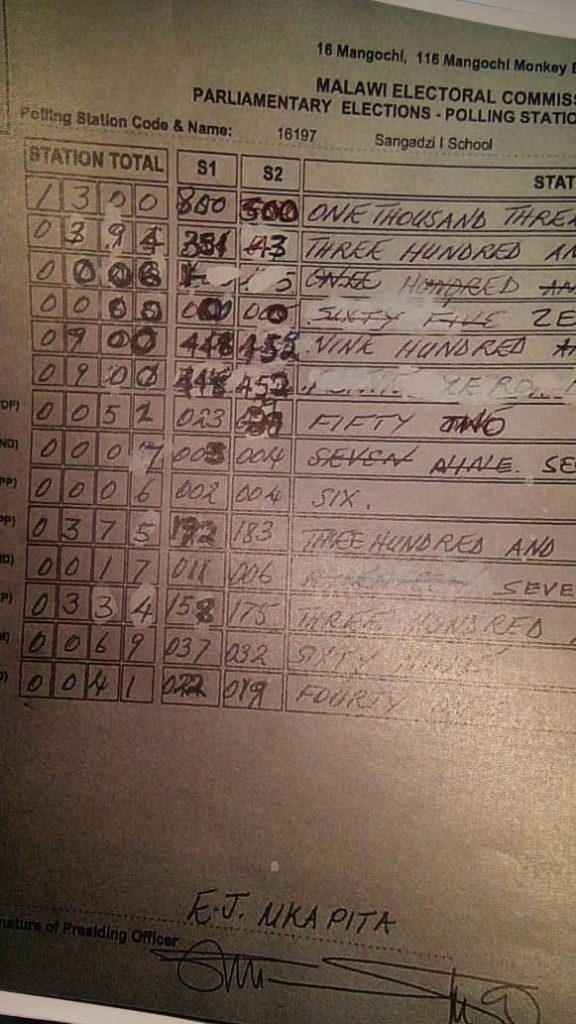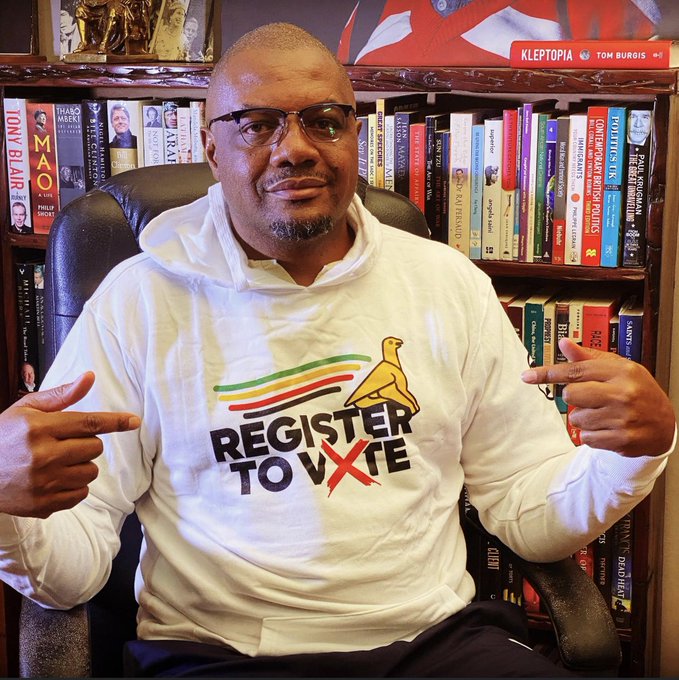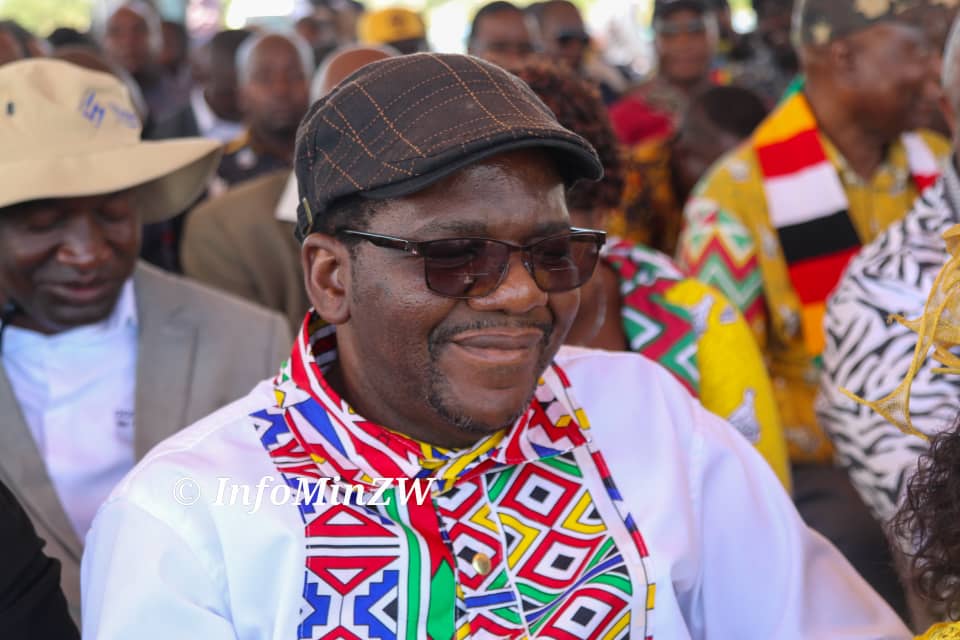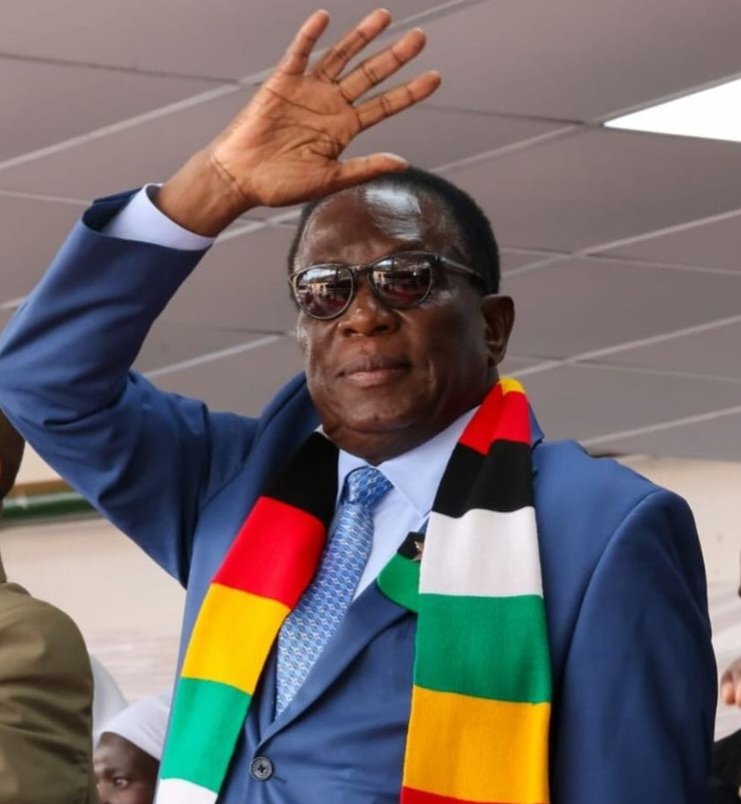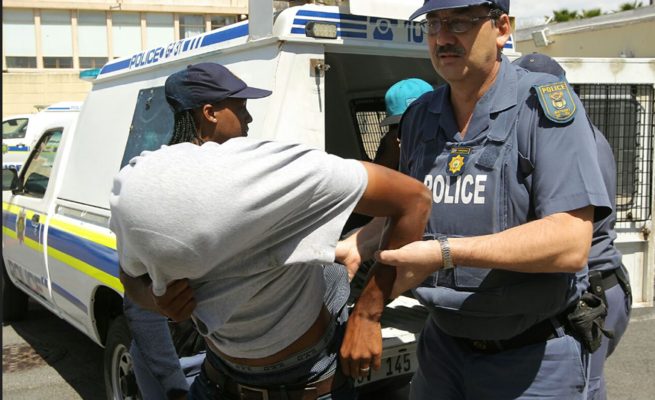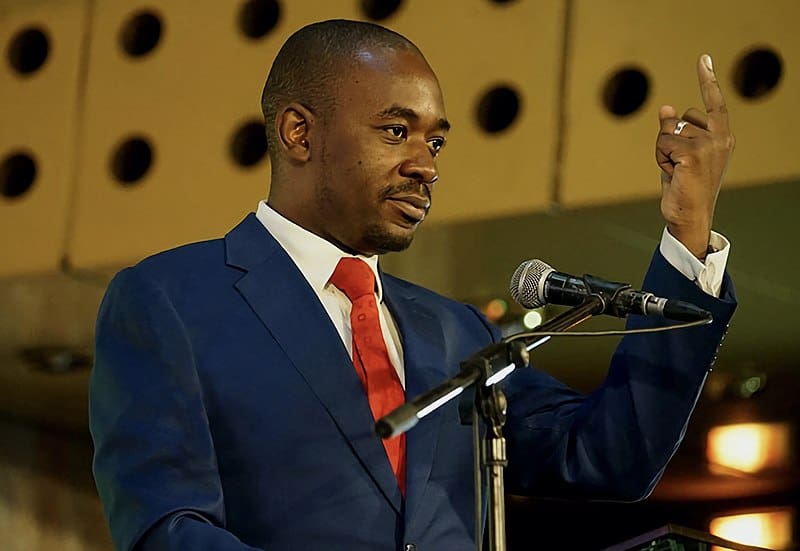A Malawi Court has nullified the re-election of President Peter Mutharika.
The court declared the presidential result “invalid, null and void” after siding with the petitioners, which had argued that the vote had been rigged. Said Justice Healy Potani:
It has been our findings that irregularities and anomalies have been so widespread, systematic and grave that the integrity of the results has been seriously compromised.
We hold the first respondent (Peter Mutharika) was not duly elected during the 21 May 2019 elections. We hereby order the nullification of the said elections.
Our Earlier report:
Malawi Constitutional Court has nullified 21 May 2019 as rigged and not free and fair. It cited rampant cheating, tampering of results and numerous other malpractices . Peter WaMutharika was not duly elected and thus no longer President.
The Court has stated that the figures announced by Malawi Electoral Commission (MEC) to declare results of the May 2019 presidential elections show that none of the candidates were voted truly by majority according to the law.
President Peter Mutharika was declared winner for a second term with 1.9 million votes representing 38.57%, narrowly ahead of Malawi Congress Party (MCP) presidential hopeful Lazarus Chakwera who came second with 1.8 million votes representing 35.41%.
UTM Party president Saluos Chilima, who was Mutharika’s deputy in his first term, came third with just over 1 million votes representing 20.24%.
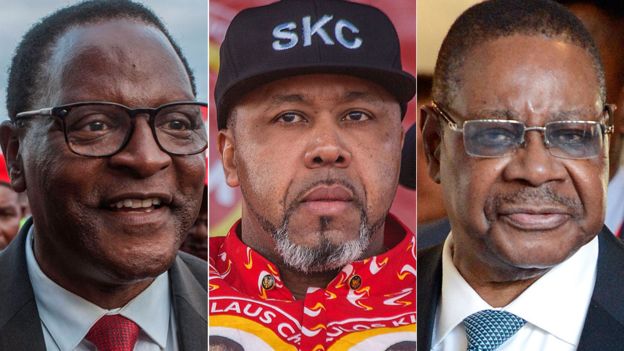
Chakwera, Chilima, Mutharika
The country’s Constitutional Court delivered a deadly blow to President Peter Mutharika’s reputation when it ruled that the results of the presidential election held in May 2019 were altered using correction fluid – known by the brand name Tipp-Ex.
A panel of five judges confirmed opposition claims that Tipp-Ex was used to alter the results of a vote that gave President Peter Mutharika victory, saying the result sheets speak for themselves that they were changed.
The position of this court is that the widespread use of Tippex greatly undermined the integrity of the elections so much that applying the qualitative approach, an argument by the second respondent that the valid vote count was not affected (which is a quantitative argument) and that no monitors came forward to raise a complaint does not matter and this argument is thrown away.
